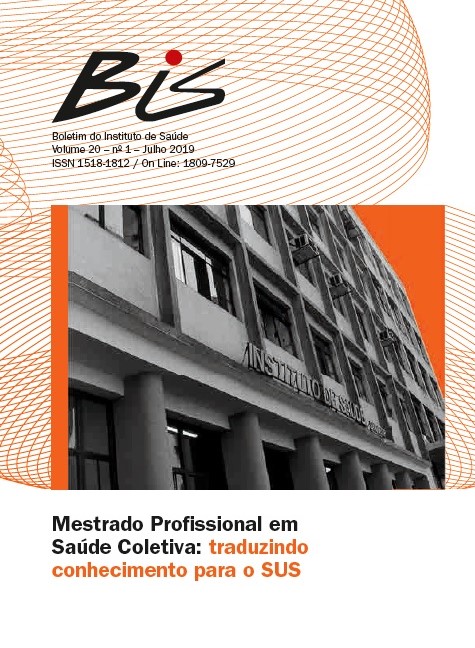Abstract
The research presents in a critical way the history of Mental Health in Guarulhos’s county between years of 1918 and 2016. We’ve used a qualitative methodology approach with open interviews and documental analysis as the strategy for collecting data. We’ve conducted 27 interviews with 36 key-actors, summing up to 39 hours of audio. We’ve founded important documents about the history of Health and Mental Health in Guarulhos on the historical archives of Sao Paulo State and County, on the health employee’s archives and on the Municipal Health Secretary. We’ve revealed four care models that permeated public policies of mental health in the period, and concluded that Guarulhos, as like many other Brazilian’s counties advanced, setback and rebuilt care practices permeated by the dangerous and inhuman madman portrayed by Foucault. But, even without having overcome the problematic of exclusion practices, has implemented important services and equipment based in a humanized and liberating Mental health public policy initialized in the years of 1970 and 1980 in Brazil. For being one of the rst systematized analyzes of the theme, we will show, next, the importance of research and its unfolding.
References
Humanas da USP, 2014.Trabalho de Conclusão de Curso do Curso em História.
2- Foucault M. História da loucura: na idade clássica. São Paulo: Perspectiva; 2014.
3- Caregnato RCA, Mutti R. Pesquisa qualitativa: análise de discurso versus análise de conteúdo. Rev Texto Contexto Enferm [internet]. 2006
out.-dez. [acesso em 14 dez. 2017]; 15(4):679-84. Disponível em: http://www.scielo.br/pdf/tce/v15n4/v15n4a17.
4- Ranali J. Repaginando a História. São Paulo: Soge; 2002.

This work is licensed under a Creative Commons Attribution 4.0 International License.
Copyright (c) 2019 Helena Saroni, Tereza Etsuko da Costa Rosa
